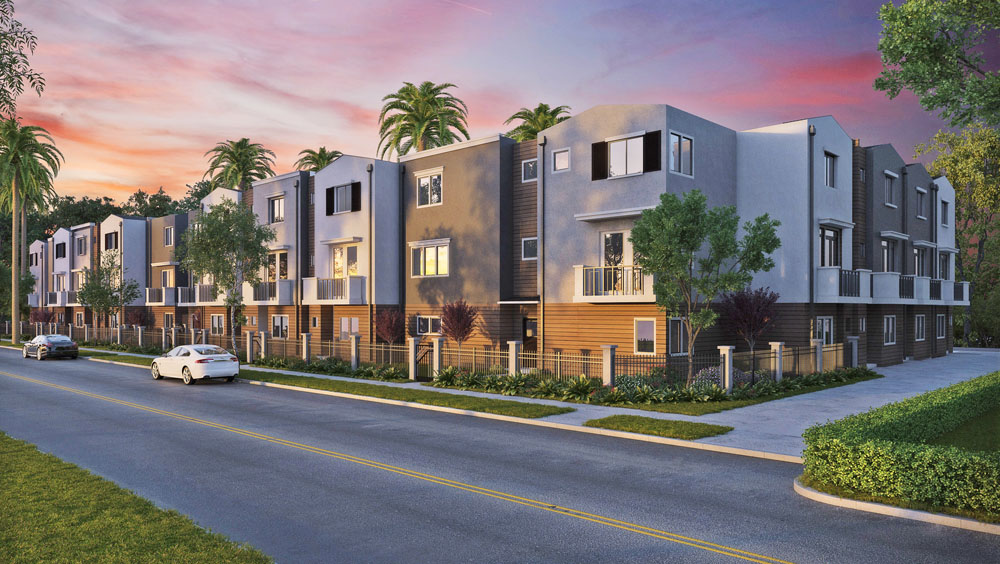Purchasing a home is daunting. Add in the quasi-governmental controls of the above types of associations, and things become both more complex. Here are some thoughts from Bob Moyer at Vanguard Management Group, Inc., who manages associations for their boards -
Cautions and Pitfalls
If you have children...
• Is there a place for them to play?
• Are there many other children in the complex or nearby
• Does the condo you are considering have enough room for a growing family?
If you have pets...
• Exotic pets are typically prohibited (snakes, potbellies, ferrets sometimes)
• Read the recorded Declaration of Condominium, it may limit the number, count, type, or breed.
• Does the condominium have a place for pets to walk?
• Is it easy to get to the pet walk if you have to do that 2-4 times a day?
• There is often a provision stating that Original Owners may keep their pets until they pass on. An "original owner" is the first buyer of that unit.
• If you are claiming that your pet is a "special needs" creature, be prepared to defend that position with every bit of documentation that the Association asks for, otherwise you may face a costly legal battle.
• If the Declaration does not conflict with the retention of your pets, ask to read the association rules. Sometimes there are amendments or illegal rules that if not enforceable, are an advance warning of that community's attitude toward pets.
Miscellanea...
If you have long term visitors or family, they might have to complete an application, pay for, and agree to a background and/or criminal check.
If you have tenants, in addition to minimum rental periods, you may have to use an association approved lease allowing the association to sue for damages and eviction on your behalf.
Check out the condition of the roads, roofing, elevator, parking lot, and building exterior for deterioration (lack of maintenance). Then ask the seller to see the balance sheet or the association. You should also ask the seller to provide a “reserve” study. The balance sheet will be available to the current owner by statute; a reserve study is optional, but is an indication that they are trying to do this correctly. What are you looking for - -
1) to understand if the reserves (savings) are enough to maintain the common and related areas.
2) If there are, then ask why they are not being used for care and maintenance?
3) If funds are inadequate, you can expect continued deterioration or a future special assessment.
4) If you finance your unit, your lender will ask for an estoppel certificate from the association, which, depending on how the items of inquiry by the lender are answered, may affect the lender’s willingness to loan. However, if approved, you should ask to see the estoppel certificate for insight into rules and policies.
If your unit has a balcony check out the concrete for spalling caused by corrosion of supporting metal and rebar. This is especially a problem if your unit is near salt water. This can cost several thousand dollars of your personal money to repair.
There will be rules regarding the placement of a satellite dish. If the rule states "on your balcony, not attached to the building" then there is no breaking this rule...if the location of the dish makes reception impossible - too bad (for you).
If you do not get on the board to participate in the decision making of your community, then you will have very little say in its management, policies, landscaping, and state of repair.
Also, beware of the condo (or HOA) “police.” This is the over exuberant board member who independent of the actual rules or good sense, makes everyone miserable. Ask your prospective neighbors about living there.


